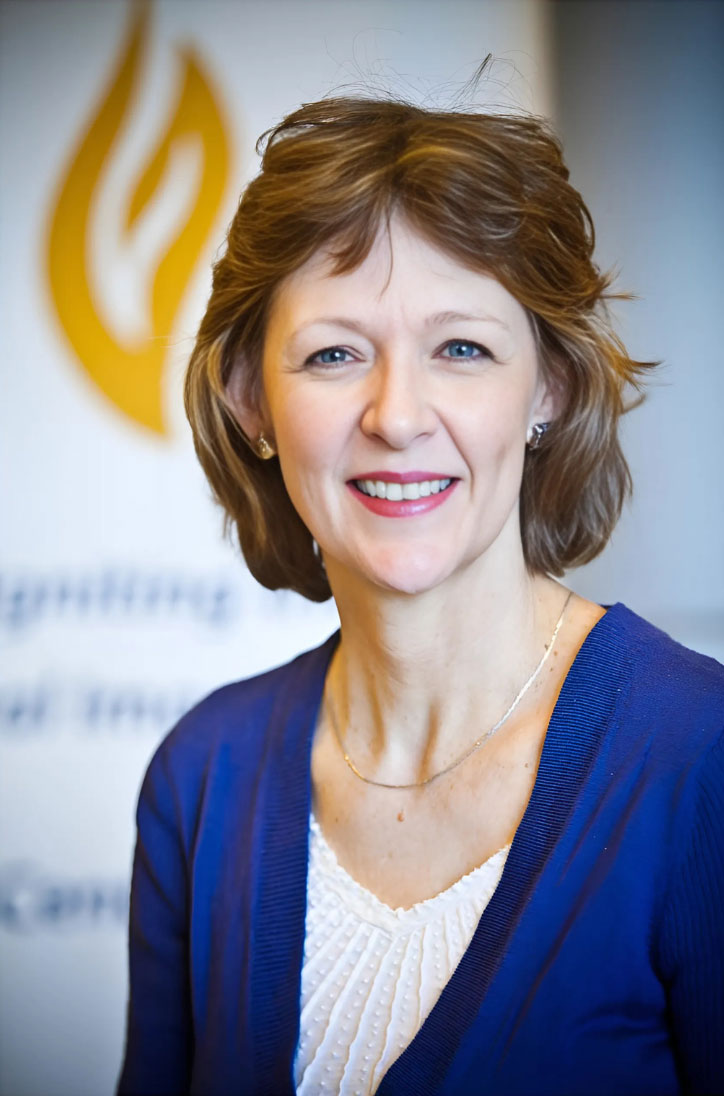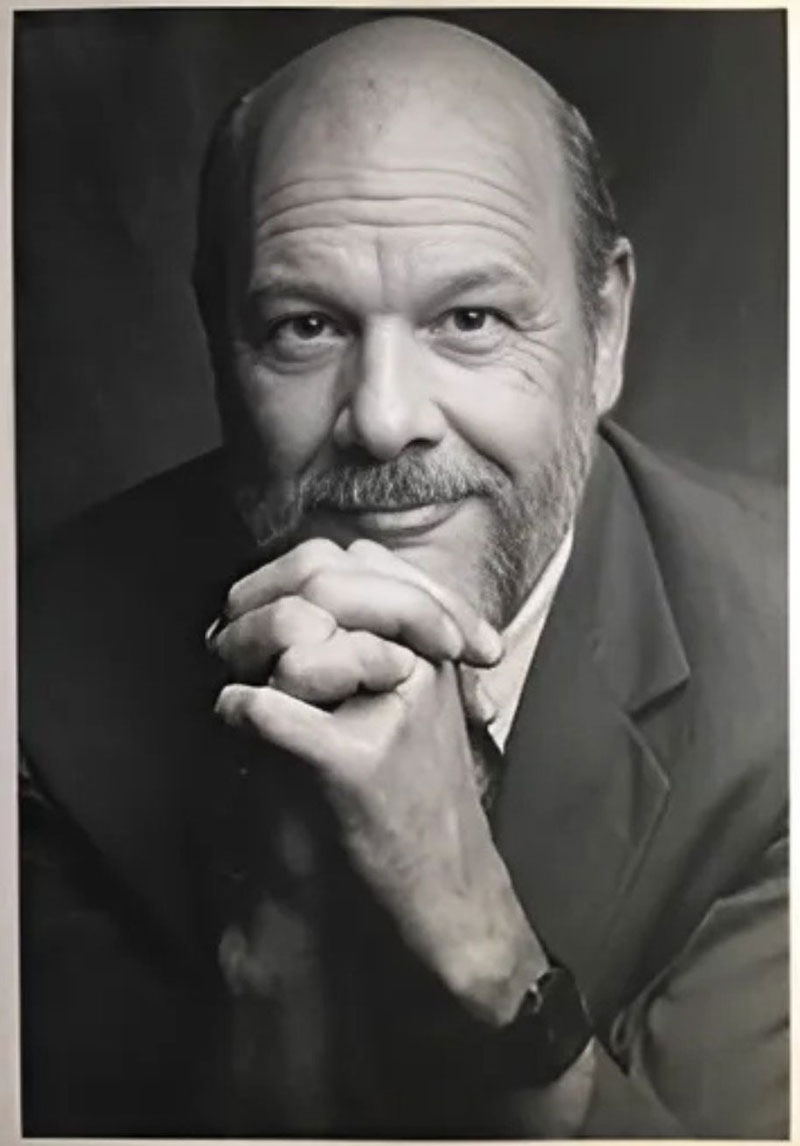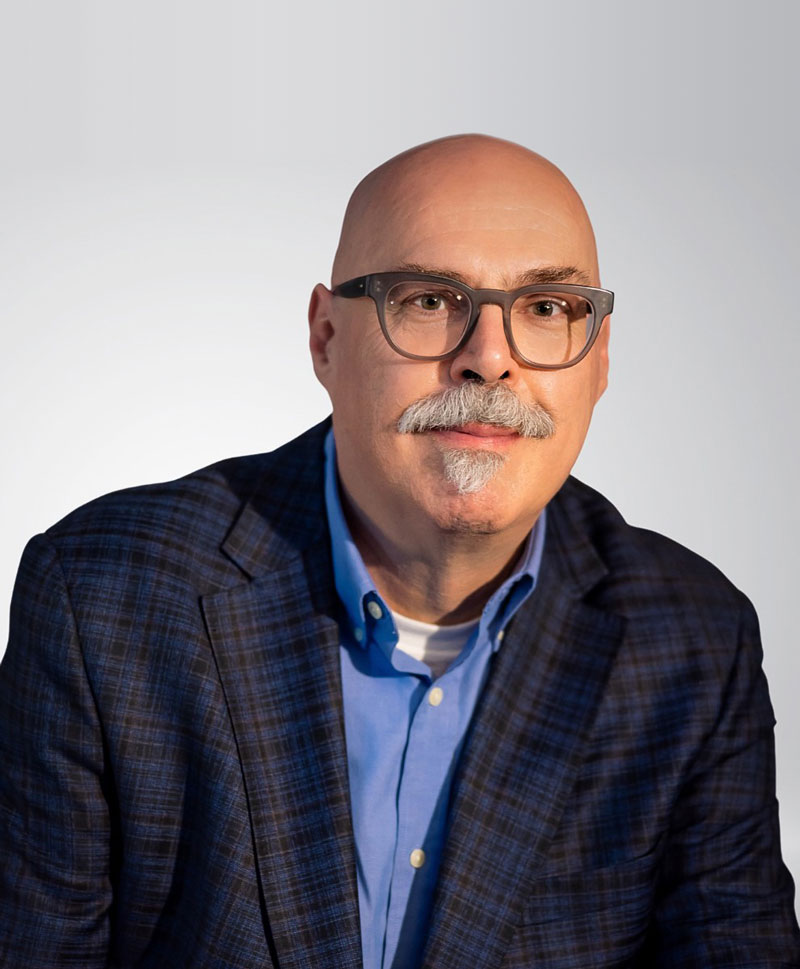Center Founding
The Center for Ethics (CFE) was created during the early 1990s through faculty initiative and the encouragement of former President James T. Laney and former Provost Billy Frye. Conversations among 27 faculty members from across Emory College of Arts and Sciences and the professional schools were stimulated in part by the decade of ethics seminars led by James Gustafson, visiting Woodruff Professor of Ethics. These conversations led to the proposal for the development of an ethics center to serve the university.
Founding faculty recognized that Emory not only had colleges on two campuses, six strong professional schools, and a graduate school, but that it also included a major research hospital, growing work in biological and biomedical research, and the Yerkes National Primate Center. Moreover, Emory was a close neighbor to the Centers for Disease Control and the American Cancer Society. With the establishment of the Rollins School of Public Health in the late 1980s, Emory—and Clifton Road—had become a place where ethical issues, national and international in scope, called out to be addressed. Emory’s momentum toward becoming a university of the first rank called for interdisciplinary and interprofessional growth in the ethics of research.
Early Growth

With support from the central budget of the university, an ethics center formed, led by cell biologist Robert DeHaan, who served as director on a half-time basis from 1990 to 1993. Kathleen Kinlaw—an MDiv graduate of Candler School of Theology, who had done advanced work in ethics at the National Institutes of Health and a Perinatal Ethics Fellowship at Grady Hospital and Emory School of Medicine—was appointed associate director in 1990.
Funding, from both university and external sources, gradually expanded to enable the Center to hire two part-time associates, Andrew Fleming and Steve Olson. They led in building courses about ethics in business and law and initiated a program on ethics and vocation in Emory College. Beginning in 1992, the CFE convened, led, and provided stipends for a two-week Faculty Ethics Seminar. Drawing participants from all sectors of the university, an average of 15 faculty per year participated, creating an ever-growing network—some 180-strong—of ethically competent and involved faculty leaders across the university.

By 1993, the Center’s activities, which took place largely in the medical school, augmented by an interdisciplinary Faculty Ethics Seminar each spring, had grown to the point where the time was right to search for a full-time director. The university committed support for this growth, and grants from the Cousins Foundation enabled work to begin in business ethics. After a national search, James W. Fowler was selected to become the first full-time director of the Center in early 1994.
Early in 1995, CFE moved from the third floor of Candler Library to a suite of 2,000 square feet in the then “Dental Building”—now the 1462 Clifton Road building. Upon his return to Emory after serving as US ambassador to Korea, the Center provided an office to former president James T. Laney, who was invited to be a senior fellow, for five years.
The Twenty-First Century Center
In 1999, CFE received a $2 million endowment to establish the D. Abbott Turner Program in Ethics and Servant Leadership (EASL). Over the past 25 years, EASL’s faculty and staff continued to guide students through academic-year mentoring and programming, developed a summer internship program in ethics and servant leadership, and initiated a minor in ethics for undergraduates.

2008 marked a year of new beginnings and explosive growth, with the installation of Paul Root Wolpe as the Center's new director and the move to a beautiful new west campus location near the Quad. During Wolpe’s tenure, the Center’s core faculty grew from three to 10, with more than 50 additional ethics faculty fellows across Emory. During that period the CFE evolved into a crucial resource for the university as well as for healthcare organizations across the Southeast. Wolpe launched new programs including Ethics and the Arts, the MA in Bioethics program, a neuroethics track and journal, support and scholarship in the ethics of AI, and strengthened the corporate and organizational, health sciences, and global health ethics presence at the university. Wolpe has also been instrumental in organizing highly visible community events centered on ethics, including interviews with the Dalai Lama in 2013 and Ibram X. Kendi in 2020, both of which drew thousands of attendees.
Working closely with Associate Director Kathy Kinlaw, he continued to strengthen critical healthcare ethics consulting and advisement across the regional and national landscape. During the COVID-19 pandemic, CFE faculty were significant leaders in the discussion of the ethics of COVID treatment and vaccination, including writing policy and contributing to the national discussions on how to ration scarce resources, how to allocate vaccines, how to increase equity of access to health care services, when to reopen public venues, healthcare workers and their moral distress, and community engagement.

In 2024, John Lysaker, the William R. Kenan University Professor and a noted philosopher, took the helm at CFE. As director of the Center, Lysaker plans to strengthen partnerships and deepen engagement across Emory and will be pivotal in strengthening Emory's commitment to exploring what it means to live an ethical, meaningful and purposeful life. To enrich CFE’s efforts in this area, the Emory Purpose Project will now be housed in CFE where it will remain under the leadership of Ira Bedzow, who is a member of the Center’s core faculty.
In fall 2025, the Aretē Ethics Research Scholars program will launch, with five faculty fellows in residence together in a newly renovated suite at the former CFE offices in the 1462 Clifton Road building. Apart from a full year visiting fellow, the faculty will each participate for one semester.